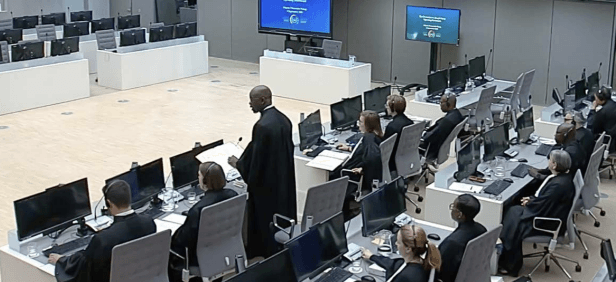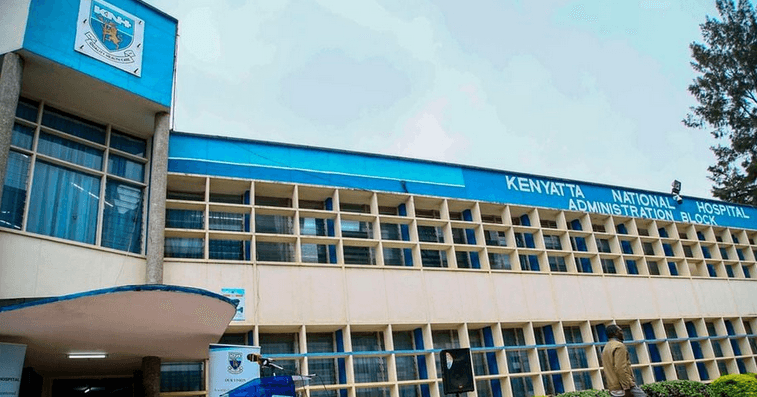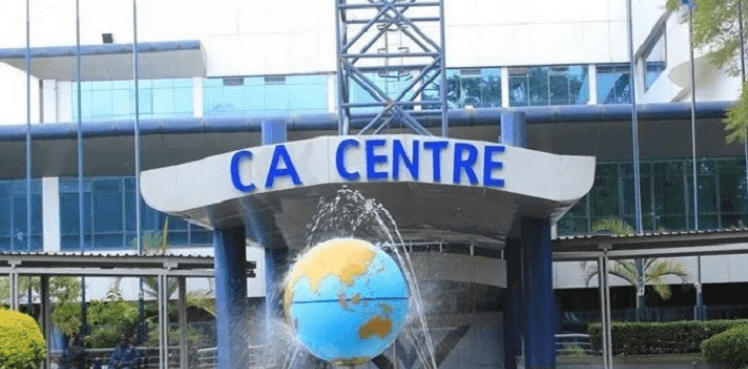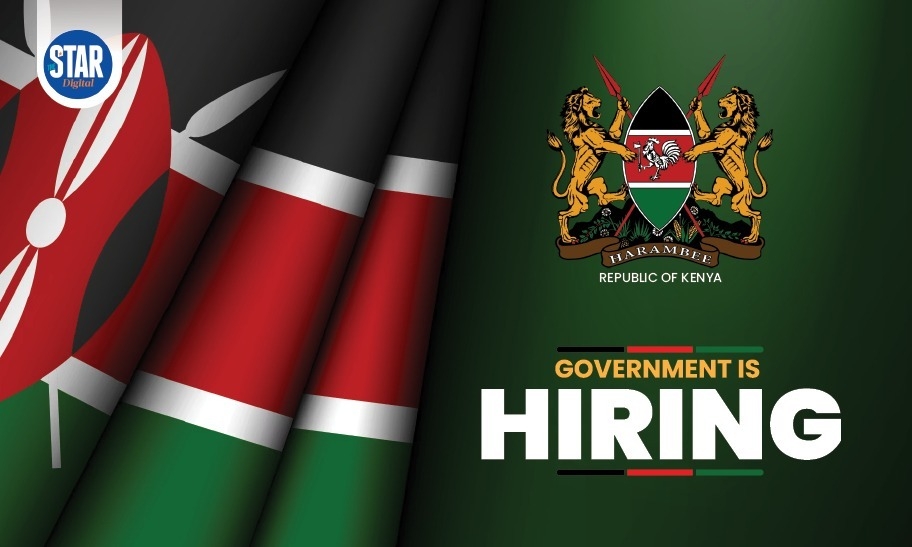The government of Kenya has disclosed its migration and mobility agreement with Germany amid confusing statements about the number of Kenyans expected to benefit from the arrangement.
An international media house reported that Kenya has secured 250,000 job opportunities in the European nation, a statement that has been denied by the Federal Republic of Germany.
‘'This information is false. The agreement between Germany and Kenya does not include any numbers or quotas of skilled workers who will have the opportunity to work in Germany,’’ Germany’s interior ministry said in a statement.
The news has attracted a debate both in Kenya and Germany, with individuals and institutions seeking facts.
According to the agreement seen by the Star, no exact numbers have been mentioned in a deal that holds several goodies, especially for students seeking to school and work in Germany.
"The purpose of this agreement is to provide a framework for cooperation and information exchange on labour mobility, apprenticeships, student training, labour market needs, employment and the welfare of employees, as well as for readmission and return,'' Article 1 of the deal reads.
The two countries have agreed to promote the fair mobility of skilled workers, students and apprentices. Kenya and Germany have agreed to collaborate on skills development and training.
Kenya and Germany also agreed to combat forced labour, and human trafficking and facilitate the safe return of nationals of either party residing in the territory of the other, who do not, or no longer, fulfill the conditions for entry into the territory of the other.
For instance, Germany has committed to expedite the issuance of long-stay visas to eligible Kenyans for study or vocational training.
On the expiry of the long-stay visa, they may receive temporary residence permits for up to two years.
"The temporary residence permit may be extended if the purpose of residence has not yet been achieved but is achievable within a reasonable period, provided the requirements stipulated in the applicable law are met,'' the deal reads in part.
Kenyan students or apprentices who complete their academic or vocational training in Germany and who wish to gather initial professional experience there, may, within the framework of applicable law, be granted permission to continue their temporary residence for a limited period to seek employment.
In case they receive a concrete job offer, Germany will grant them a temporary residence title allowing them to take up employment, provided evidence can be furnished that the relevant requirements are met by the country's Residence Act.
"If the relevant requirements are met, in particular about the duration of residence, Kenyan nationals may be granted a permanent settlement permit."
Furthermore, Germany shall endeavour to provide students and apprentices, before arrival, with information about existing possibilities for obtaining scholarships or assistance for internships.
The European nation will alert Kenya on available scholarships, internships and job opportunities.
They have also agreed to set up a Joint Implementation Committee to discuss the possibilities for and the improvement of procedures for the mobility of students and apprentices.
The committee members from the two countries will keep each other informed of the conditions for entry, residence and employment in their respective territories and of the situation in their respective labour markets.
They shall discuss the practical improvement of procedures for the immigration of skilled workers and ensure that interested skilled workers are provided with adequate information on the possibilities and conditions for migration.
The committee shall encourage the exchange of knowledge between employers and employee organisations in different sectors of the economy.
The team shall examine possibilities for expanding the range of language courses, including language courses aimed at certifying the language skills necessary for family members of skilled workers in the context of family reunification.
'This deal is to provide a win-win model for solving Germany’s labour conundrum occasioned by the retirement of the baby boomer generation while offering decent remote jobs to restive, but qualified, young Kenyan professionals,'' a joint statement between Kenya and Germany reads.
Kenya's President William Ruto who met Kenyans residing in Germany on his two-day tour highlighted Kenya’s willingness to share its labour workforce and human capital while stressing that Kenya’s workforce will not be exploited.












